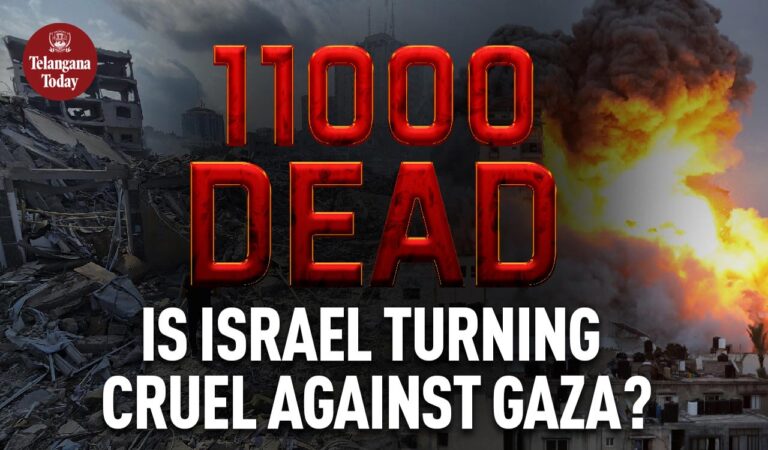The escalating hostilities have the potential of dragging more players into the conflict with disastrous consequences for the global economy and supply chains.
Published Date – 14 April 2024, 11:50 PM

Iran’s first-ever direct missile attack on Israeli territory has cast a grim shadow over an already volatile Middle East region, with far-reaching implications for the rest of the world.
A swarm of explosive drones and missiles were launched, apparently in retaliation for an Israeli strike on an Iranian consulate building in Damascus that resulted in the deaths of at least 13 people, including two highranking members of Iran’s Revolutionary Guards.
The Iranian response compounds an already tense and delicate peace and security situation in the Middle East. The escalating hostilities have the potential of dragging more players into the conflict with disastrous consequences for the global economy and supply chains.
Already, Russian President Vladimir Putin has declared that his country will support Iran if the United States attacks Iran’s soil in support of Israel while the Biden Administration has pledged full support to Tel Aviv’s right to defend its territories.
The deepening crisis comes against the backdrop of an ongoing Israel-Hamas war and continued suffering of the people in Gaza due to relentless Israeli bombardments. Israeli Prime Minister Benjamin Netanyahu’s reckless policies have precipitated the crisis.
Netanyahu and his inner war cabinet deliberately provoked this showdown. He has been at the forefront of a decades-long shadow war of assassination and attrition against Iran.
The covert, unacknowledged killing of its nuclear scientists and leaders of its regional proxy militias has become almost routine. In December, Sayyed Razi Mousavi, an Iranian general, was killed in Damascus.
Iran’s reaction at that time was rather muted. But the recent bombing of the Iranian embassy building in the Syrian capital has radically changed this dynamic.
Clearly, Tel Aviv has crossed a red line. The war had come out of the shadows – and this was Netanyahu’s doing. He must have known how furious the reaction in Tehran was.
As the situation turned worse, the international community must spare no efforts to ensure immediate cessation of hostilities as neither the region nor the world at large can afford another war. Both Israel and Iran must exercise restraint keeping in view the potential catastrophic consequences of military confrontation in the region.
There is an urgent need to find peaceful resolutions to the underlying issues driving the conflict between the two countries. In a world already grappling with numerous challenges, the preservation of peace in the Middle East is of paramount importance, and concerted efforts must be made to prevent further escalation of hostilities.
As tensions continue to mount, the risk of unintended escalation remains a pressing concern. India is justifiably concerned over further escalation of tensions. About 18,000 Indians live in Israel at present, working or pursuing their studies. In addition, more than 1,000 workers are believed to have travelled there in the past few months on private contracts.
